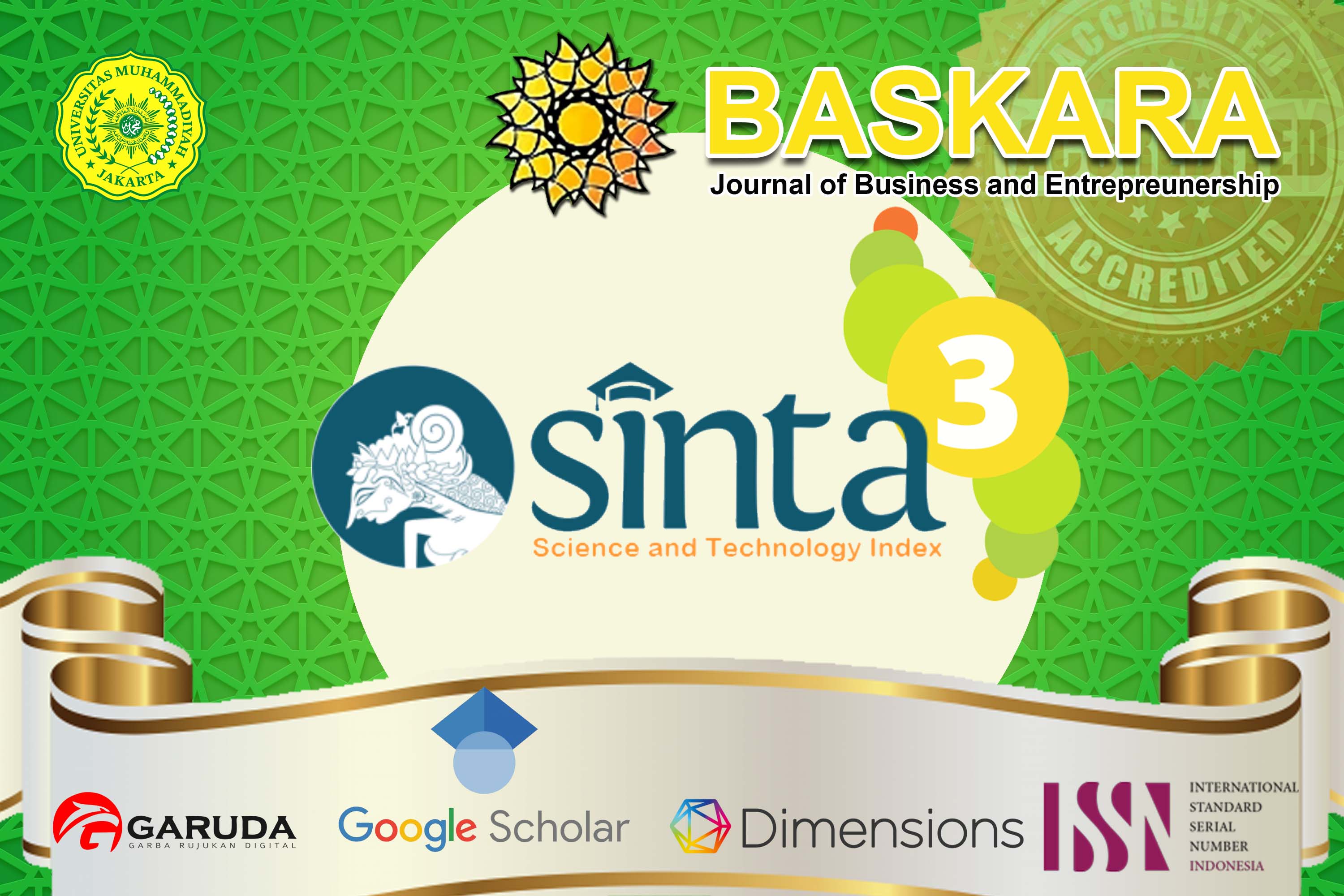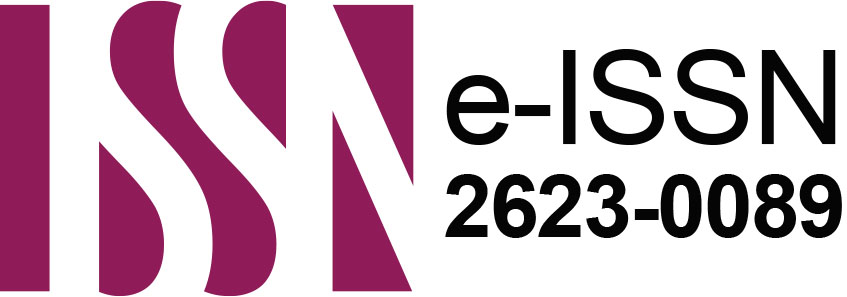Enhancing Regulatory Frameworks for Islamic Banking Institutions: Comparative Study Between Indonesia and Bahrain
Abstract
This research analyzes and compares the regulatory frameworks governing Islamic Banking institutions in Bahrain, and Indonesia. The study explores how each country has developed its regulatory environment to support the growth and stability of Islamic finance, highlighting the successes, challenges, and areas for improvement. Using a qualitative comparative approach, the research draws on data from document analysis and previous studies to provide a comprehensive understanding of the regulatory landscapes in these countries. The findings reveal that Bahrain has established robust and internationally recognized regulatory frameworks, largely due to their proactive regulatory bodies and collaboration with global standard-setting organizations such as the Islamic Financial Services Board (IFSB) and the Accounting and Auditing Organization for Islamic Institutions (AAOIFI). In contrast, Indonesia, despite its significant potential, faces challenges in regulatory implementation and public literacy on Islamic finance. The study concludes that effective regulatory frameworks are crucial for the credibility and stability of Islamic finance, strengthening regulatory oversight, and adopting international standards to ensure consistent and transparent practices. This research contributes valuable insight for policymakers, regulators, and practitioners aiming to improve the regulatory environment of Islamic financial institutions globally.
Keywords
Full Text:
PDFReferences
Abadi, M. K. R., & Hamdan, H. Bin. (2023). Individual Cultural Values and Profit Expectations on Investment Intentions in Crypto Currency: Religiosity as a Moderating Variable. BASKARA : Journal of Business and Entrepreneurship, 6(1), 62–84. https://doi.org/10.54268/baskara.v6i1.18657
Al Khulaifi, M., & Khalil, J. H. (2021). A Needs Analysis of English for Banking Students at the College of Business Studies in Kuwait. Educational Sciences Journal, 29(1), 1–20.
Argita, W. W., Fitriah, N., Sidiq, A. B., & Sari, R. N. (2023). Problematika dan Perkembangan Perbankan Syariah di Indonesia dalam Era Globalisasi. SANTRI: Jurnal Ekonomi Dan Keuangan Islam, 1(6), 251–259.
Creswell, J. W., & Creswell, J. D. (2017). Research design: Qualitative, quantitative, and mixed methods approaches. Sage publications.
Daniel, E. (2024). Is There A Conflict Of Interest In Indonesia’s Soe Investment Decision? BASKARA : Journal of Business and Entrepreneurship, 6(2), 290. https://doi.org/10.54268/baskara.v6i2.19201
El-Gama, M. A. (2006). Islamic finance: Law, economics, and practice. Islamic Finance: Law, Economics, and Practice, 1--221.
Furqani, H., & others. (2017). The current situation of Islamic Economics in Indonesia.
Hasan, M. T., & Rahman, A. A. (2020). The role of corporate governance on the relationship between IFRS adoption and earnings management: Evidence from Bangladesh. International Journal of Financial Research, 11(4), 329–345.
Hassan, S. (2020). An assessment of standard regulatory framework for Islamic Banking System in Bangladesh. Journal of Human Sport and Exercise, 15(Proc2), 462–470. https://doi.org/10.14198/jhse.2020.15.Proc2.37
Iqbal, Z., & Mirakhor, A. (2017). Ethical dimensions of Islamic finance: Theory and practice. Springer.
Kurnia, A. D., Zuroida, M., Ikhsaniyah, S. N., Ebensher, Y. K., & Puspita, A. M. I. (2024). Peran Politik Dalam Dinamika Ekonomi: Pengaruh Kebijakan Politik Terhadap Pertumbuhan dan Stabilitas Ekonomi. MERDEKA: Jurnal Ilmiah Multidisiplin, 1(5), 222–228.
Merriam, S. B., & Grenier, R. S. (2019). Qualitative research in practice: Examples for discussion and analysis. John Wiley & Sons.
Nomran, N. M., & Haron, R. (2020). Shari’ah governance for Islamic banking: evidence from diverse regulatory environments. In Growth and Emerging Prospects of International Islamic Banking (pp. 213–244). IGI Global.
Ramadhan, S., Rambe, T., Hasibuan, B. H., & Harahap, A. A. (2023). Analysis of Fatwa Regarding Sharia Credit Cards and Their Relevance to the Development of Islamic Banking in Indonesia and Bahrain. Ulul Albab: Jurnal Studi Dan Penelitian Hukum Islam, 7(1), 15–33.
Rohmah, Z. F., Arta, A., Huda, Q., & Nurrohman, D. (2024). Peran Regulasi Sebagai Landasan Hukum Bagi Pertumbuhan Lembaga Keuangan Syariah Di Indonesia: Peluang Dan Tantangan. Maro: Jurnal Ekonomi Syariah Dan Bisnis, 7(1), 1–13.
Syarif, A. (2020). Forecasting the development of Islamic Bank in Indonesia: Adopting ARIMA model. JTAM (Jurnal Teori Dan Aplikasi Matematika), 4(2), 190–203.
Timberlake, W. (1990). Natural learning in laboratory paradigms.
Usmani, S. (2024). Perceptions of Politics and Knowledge Sharing: Moderating role of Islamic Work Ethic in the Islamic Banking Industry of Pakistan. Heliyon.
DOI: https://doi.org/10.54268/baskara.v7i1.24311
Refbacks
- There are currently no refbacks.
Copyright (c) 2024 BASKARA : Journal of Business and Entrepreneurship
BASKARA: Journal of Business and Entrepreneurship Copyright of Baskara: Journal of Business and Entrepreneurship (e-ISSN: 2623-0089 ). This work is licensed under a Creative Commons Attribution-NonCommercial 4.0 International License |
















